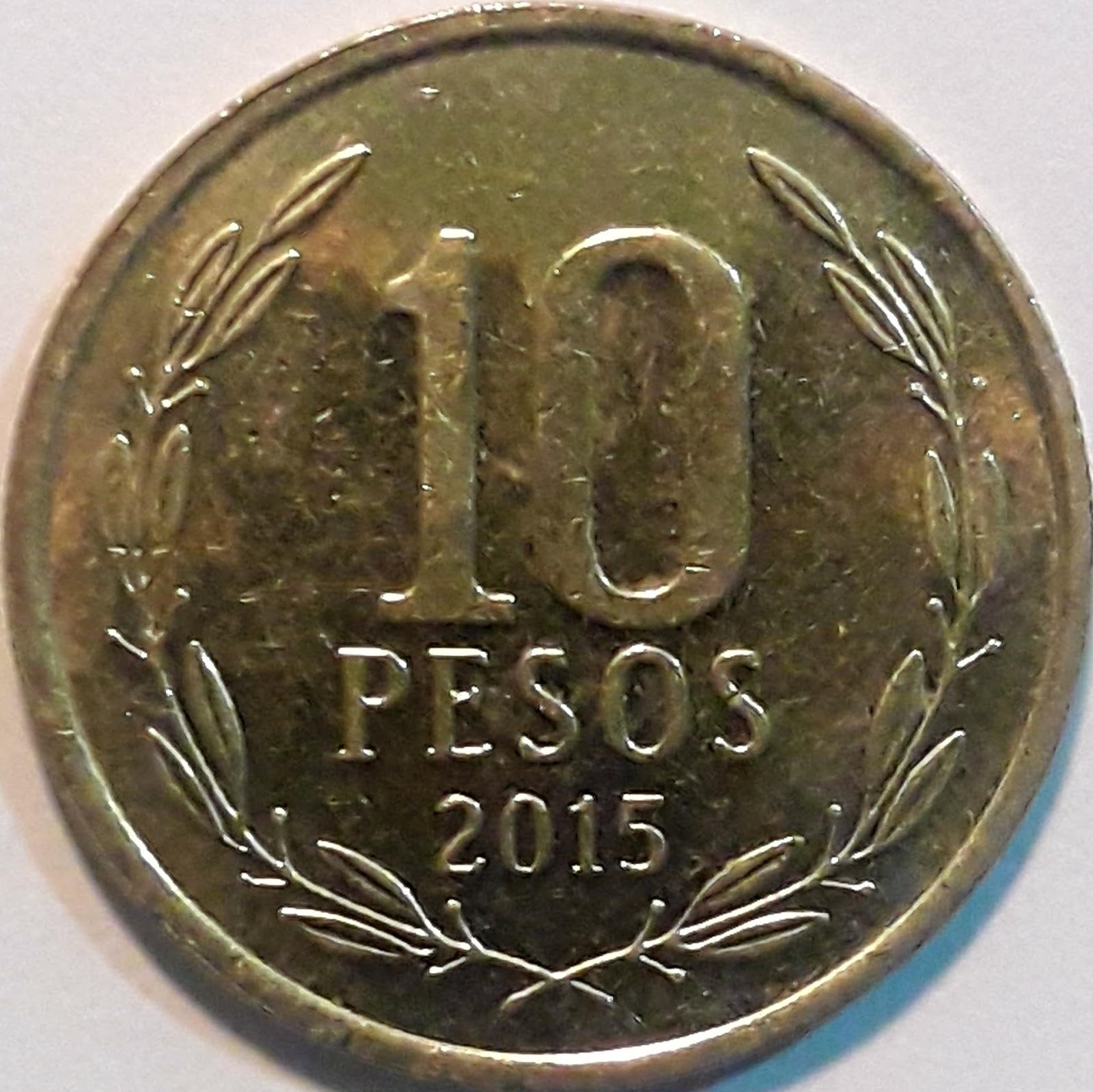Chilean Pesos to Peruvian Soles: Your South American Currency Cheat Sheet
So, you're finally booking that trip to South America, huh? Machu Picchu has been calling your name, and Patagonia is whispering promises of epic landscapes. But before you swap out your go-to ankle boots for hiking ones, let's talk money, honey. Specifically, Chilean pesos and Peruvian soles – because navigating different currencies can be as confusing as trying to pronounce "Guadalajara" after a pisco sour (or two).
Whether you're a seasoned backpacker or a first-time flyer, understanding the ins and outs of currency exchange is crucial for a smooth and stress-free trip. We're not just talking about avoiding awkward moments at the cash register – although, nobody wants to be *that* tourist holding up the line. It's about maximizing your budget and ensuring you get the most out of your hard-earned cash, whether you're bargaining for alpaca sweaters in Cusco or sipping on a terremoto in Valparaiso.
Let's be real, figuring out how much those colorful bills in your wallet are *actually* worth can feel like a math problem you never signed up for. But don't worry, we're here to break it down, no calculators (or panic attacks) required.
From understanding the current exchange rates (because, yes, they change faster than your travel itinerary) to practical tips for getting the best bang for your buck, consider this your ultimate guide to navigating Chilean pesos and Peruvian soles like a pro. Because trust us, confidently navigating the world of currency exchange? That's chicer than a perfectly packed suitcase.
Ready to become fluent in the language of pesos and soles? Let's dive in!
Understanding Chilean Pesos and Peruvian Soles
First things first, let's get acquainted with the stars of our financial show:
| Currency | Symbol | Code |
|---|---|---|
| Chilean Peso | $ | CLP |
| Peruvian Sol | S/ | PEN |
Now, the million-dollar question (or should we say, the multi-peso/sol question): What's the deal with exchange rates?
Exchange rates are constantly fluctuating based on a complex web of economic factors that would make even your finance-savvy friend's head spin. The good news? You don't need a degree in economics to understand the basics.
Think of exchange rates as the price of one currency in relation to another. For instance, if the exchange rate is 1 USD to 800 Chilean pesos, it means that 1 US dollar can buy you 800 Chilean pesos.
The key takeaway? Exchange rates are constantly changing, so what you see today might be different tomorrow. But don't worry, we'll share some handy resources for staying up-to-date later on.
Why Knowing the Conversion Rate Matters (Beyond Avoiding Tourist Traps)
Sure, knowing how many empanadas you can buy with 1,000 pesos is important, but understanding currency conversions goes beyond satisfying your street food cravings.
Here's the thing: being aware of the exchange rate empowers you to make informed decisions about your spending. It helps you budget realistically, compare prices effectively, and ultimately, stretch your travel funds further.
Imagine this: you're browsing a market stall filled with gorgeous textiles, and you spot the perfect alpaca scarf. The vendor quotes you a price in soles, and you happily hand over your cash, only to realize later that you overpaid because you didn't have a grasp on the current exchange rate. Ouch.
By staying informed and keeping a close eye on the fluctuating numbers, you can haggle like a pro, score the best deals, and avoid any financial faux pas. Plus, feeling confident and in control of your finances? That's priceless.
Your Chilean Peso to Peruvian Sol Toolkit
Ready to become a currency conversion guru? Here are some handy tools and resources:
- Currency Converter Apps: Download a trusty currency converter app (XE Currency and Currency Converter Plus are popular choices) to get real-time exchange rates at your fingertips.
- Google Finance: Simply type in "Chilean Peso to Peruvian Sol" into your Google search bar, and voila! Google will display the current exchange rate and even provide a handy chart to track fluctuations.
Remember: Exchange rates change frequently, so it's always a good idea to check for the most up-to-date information before making any major transactions.
Pro-Tips for Currency Exchange Like a Seasoned Traveler
Ready to master the art of currency exchange? Here are some insider tips to navigate the world of pesos and soles like a pro:
- Avoid Airport Exchange Bureaus: While convenient, airport exchange kiosks often offer less favorable rates. If possible, exchange a small amount at the airport for immediate expenses, then explore better options in the city.
- ATMs Are Your Best Friend: Generally speaking, using your debit card at a reputable bank ATM will get you the best exchange rates. Just remember to check with your bank about foreign transaction fees before you go.
- Notify Your Bank: Before you jet off, give your bank a heads-up about your travel plans to avoid any issues with your cards being blocked for suspicious activity.
Navigating the world of currency exchange might seem daunting at first, but trust us, with a little preparation and a sprinkle of savvy, you'll be exchanging pesos and soles like a pro in no time.
So, go forth, embrace the adventure, and remember: the more you understand about currency conversions, the more money you'll have left over for those irresistible alfajores and that extra shot of pisco. Happy travels!
Master the art how to draw a horse skull like a pro
Unearthing silver city nm your southwest home awaits
Unleash your inner journalist free google docs newspaper templates














